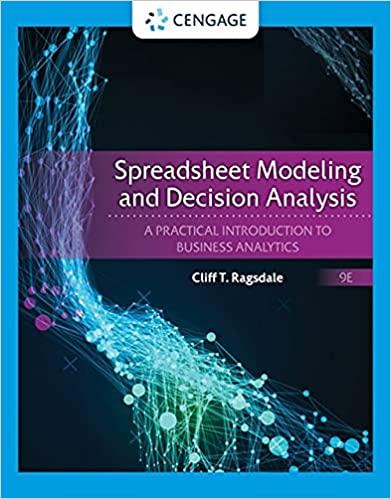Answered step by step
Verified Expert Solution
Question
1 Approved Answer
Answer the questions for the function f(x) a. Find formulas for f'(x) and f''(x). f'(x)-9x+6x-1 f'(x)=-18x+6 Enter f(x), f'(x), and f''(x) into your grapher

Answer the questions for the function f(x) a. Find formulas for f'(x) and f''(x). f'(x)-9x+6x-1 f'(x)=-18x+6 Enter f(x), f'(x), and f''(x) into your grapher to examine the table. b. Set the first derivative f'(x)=0 to find any critical values. Tip: You may wish to graph f'(x) by itself to explore if it has any zeros. It can be helpful to know that the formula of f'(x) factors. Select t correct choice below and, if necessary, fill in the answer boxes within your choice. 1 A. The function f has a critical number at x= 3 ; at this critical number, the second derivative f'(x)= 0. (Type an exact answer.) OB. There are no critical numbers. c. What conclusion can be made from your answer to part b? Select the correct choice below and, if necessary, fill in the answer box within your choice. OA. At the critical number x= B. At the critical number x= C. At the critical number x= D. At the critical number x= OE. No conclusion can be made using the second derivative test at this critical number. the function f is concave down and corresponds to a relative minimum of f(x). the function f is concave down and corresponds to a relative maximum of f(x). the function f is concave up and corresponds to a relative maximum of f(x). the function f is concave up and corresponds to a relative minimum of f(x).
Step by Step Solution
There are 3 Steps involved in it
Step: 1

Get Instant Access to Expert-Tailored Solutions
See step-by-step solutions with expert insights and AI powered tools for academic success
Step: 2

Step: 3

Ace Your Homework with AI
Get the answers you need in no time with our AI-driven, step-by-step assistance
Get Started


